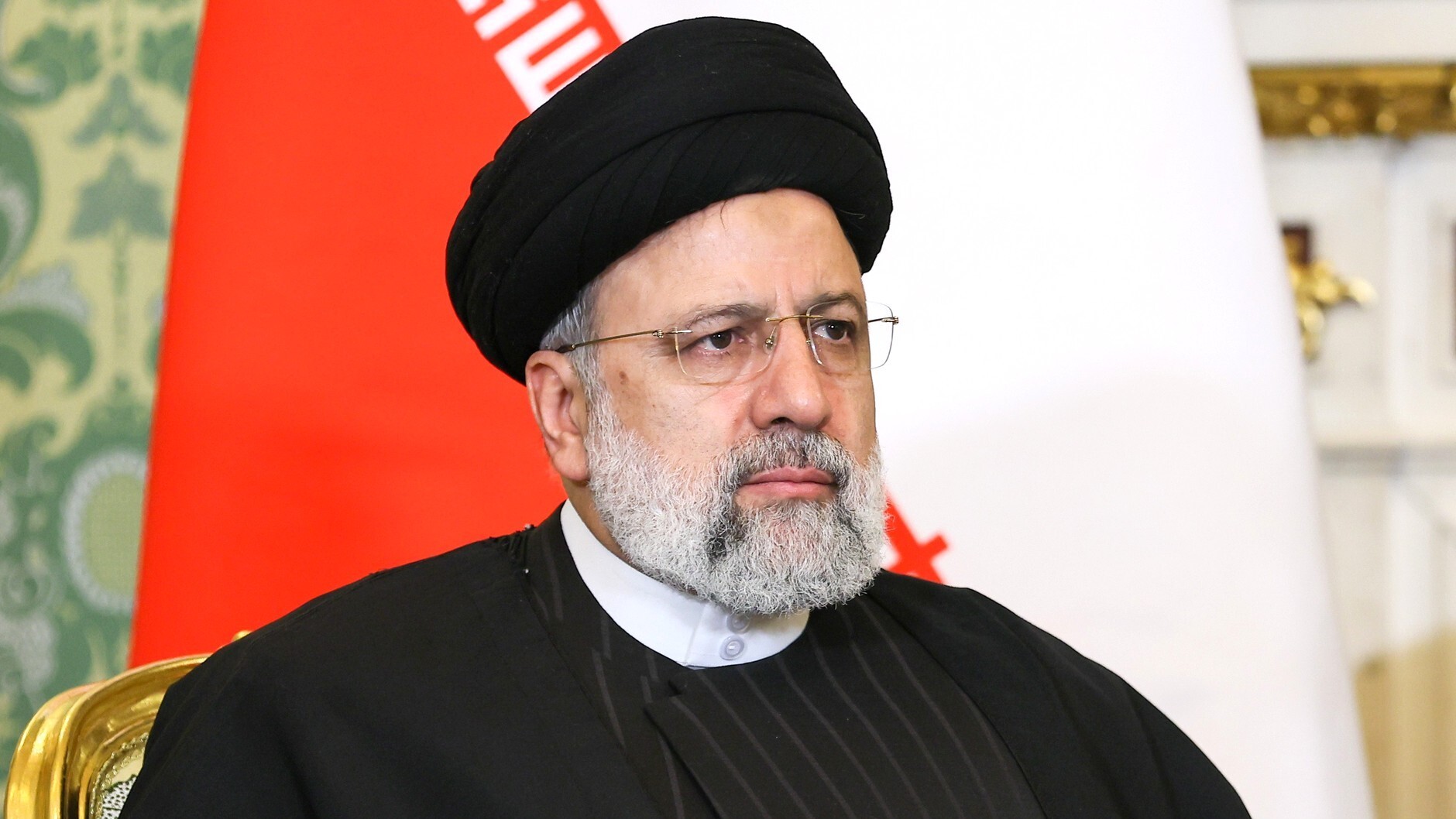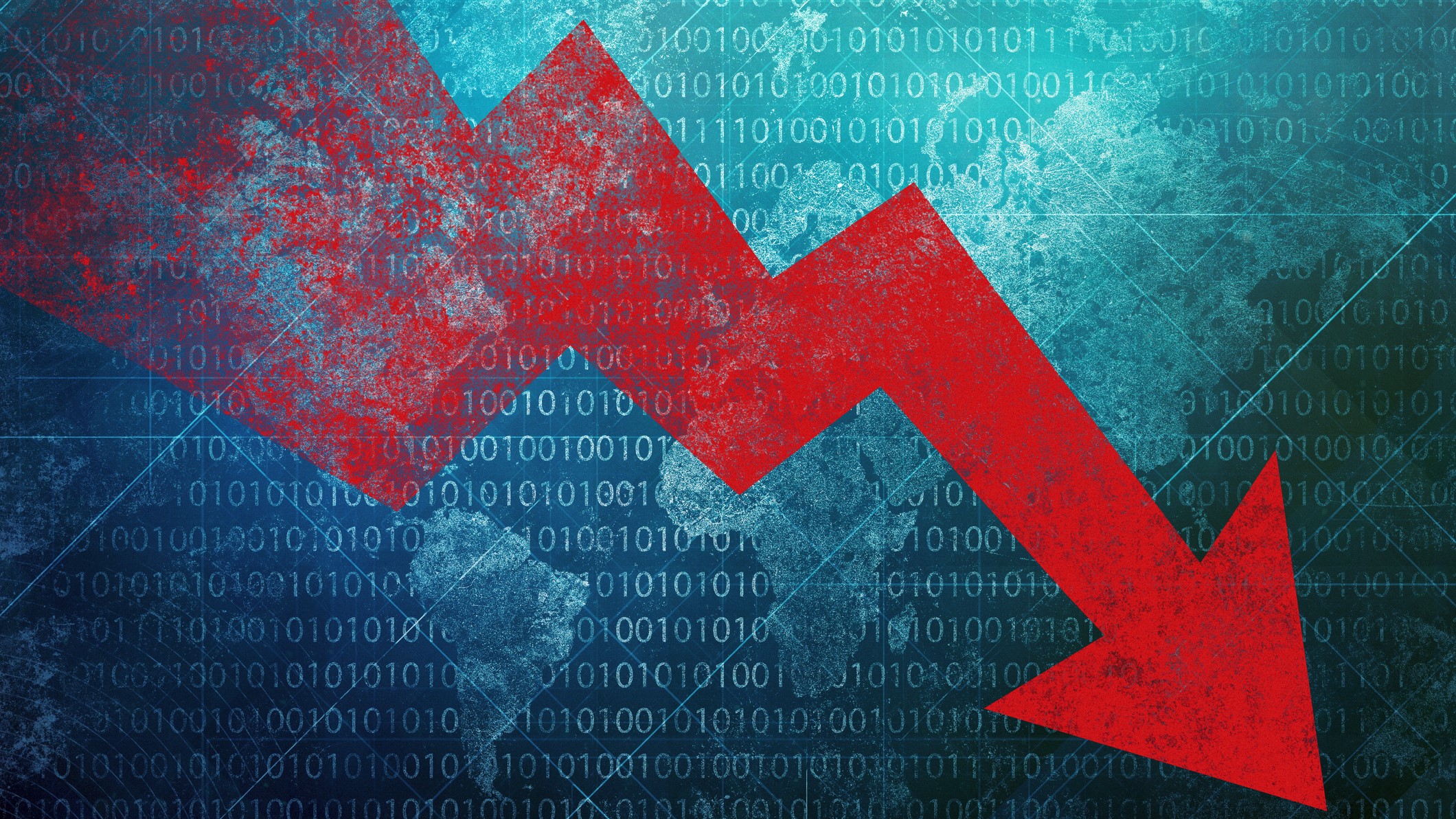The internet in Iran among the worst worldwide for connectivity
Tehran is the leader of "self-inflicted" internet disruptions, a new report reveals

The internet in Iran is among the worst worldwide and the cause might be the government's censorship boost.
Blocked websites, daily disruptions, slower speeds, and filtering saturation of IP addresses—that's the grim scenario depicted by the Tehran Electronic Commerce Association (TECA).
In a report by the TECA (source in Farsi), experts blame the President and Iranian officials' lack of knowledge for this "self-inflicted" situation. Iran is leading the way for internet disruptions around the world forcing citizens to turn en masse to VPN services and other circumventing tools to keep accessing crucial information online.
Leader in internet restrictions
Commenting on the findings, Information Security Analyst at Citizen Lab Azam Jangravi told me: "Iran has one of the most restrictive internet environments in the world, blocking access to many popular websites and social media platforms, as well as surveilling and filtering online content."
As the investigation carried on by the Tehran Electronic Commerce Association—an independent body that monitors and evaluates the internet situation in Iran—reveals, nearly half of all websites in Iran experienced some form of interruptions in the past nine months.
Experts also recorded daily internet outages, especially "occurring between 5pm and 11pm." These appear to be a by-product of new filtering equipment within the domestic network, which causes functional disruptions and processor saturation.

Iran's economy suffered more than $1.7 billion USD of GDP (Gross Domestic Product) loss due to internet shutdowns and over $470 million USD from service blocking in 2023, according to NetLoss' calculations.
All this places Iran among the worst 50 countries for internet quality, alongside some of the poorest and underdeveloped nations. Yet, in Iran's case, the government is to blame, experts said, as "these conditions are self-inflicted."
Get daily insight, inspiration and deals in your inbox
Sign up for breaking news, reviews, opinion, top tech deals, and more.
The report alleges that, due to a lack of technical understanding, Iranian officials might impose indiscriminate censorship on the IP level without providing clear reasons for it.
Not just website blocking and bandwidth throttling, Iran's authorities have been increasingly busy switching off the plug on the internet as well, especially during times of political turmoil like the protest which occurred in 2019 and 2022.
In the first half of 2023, Iran came out as the biggest perpetrator of internet shutdowns according to data collected by VPN provider Surfshark. Weekly internet disruptions have also been enforced during Friday prayers in the Zahedan region since the end of 2022.
According to Jangravi, this track record demonstrates "the government’s willingness to cut off the internet entirely in times of crisis, leaving the citizens in the dark and vulnerable".
Citizens have been forced to become tech-savvy to navigate this restricted online environment. The use of tools like virtual private networks has risen exponentially over recent years. That's because a VPN is security software that spoofs your IP address to help you bypass geo-restrictions while encrypting internet connections to boost online anonymity.
At the same time, though, authorities have been doubling up on VPN users as well, with Iran also gaining a silver medal in VPN censorship last year. This means that citizens "still risk being detected and punished by the authorities," noted Jangravi.
VOA already reported in 2013 how Iran was working with China in developing its national version of the internet. Asked about the risks if such a system might ever be enforced, Jangravi explained it would further isolate the Iranian people from the global internet, worsening their access to information, communication, and economic opportunities.
"The international community has condemned Iran’s internet censorship and called for the restoration of internet access and the protection of digital rights. However, the Iranian government has shown little sign of easing its grip on the internet, and has instead increased its investment in developing its own domestic platforms and infrastructure," she told me.
The precarious situation of the internet in Iran gets even worse considering that citizens are expected to pay up to 34% more for the internet in 2024 following a new spike in prices—a move that seems yet another way to limit people's online activities.
Jangravi said: "The future of the internet in Iran remains uncertain, but it is clear that the Iranian people are facing a serious challenge to their digital freedom and dignity."

Chiara is a multimedia journalist committed to covering stories to help promote the rights and denounce the abuses of the digital side of life – wherever cybersecurity, markets, and politics tangle up. She believes an open, uncensored, and private internet is a basic human need and wants to use her knowledge of VPNs to help readers take back control. She writes news, interviews, and analysis on data privacy, online censorship, digital rights, tech policies, and security software, with a special focus on VPNs, for TechRadar and TechRadar Pro. Got a story, tip-off, or something tech-interesting to say? Reach out to chiara.castro@futurenet.com